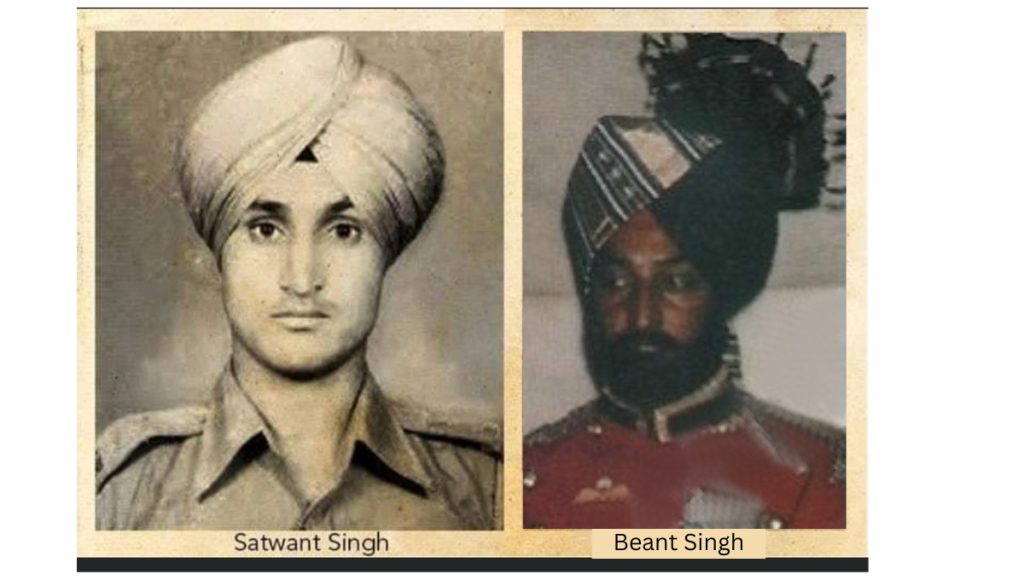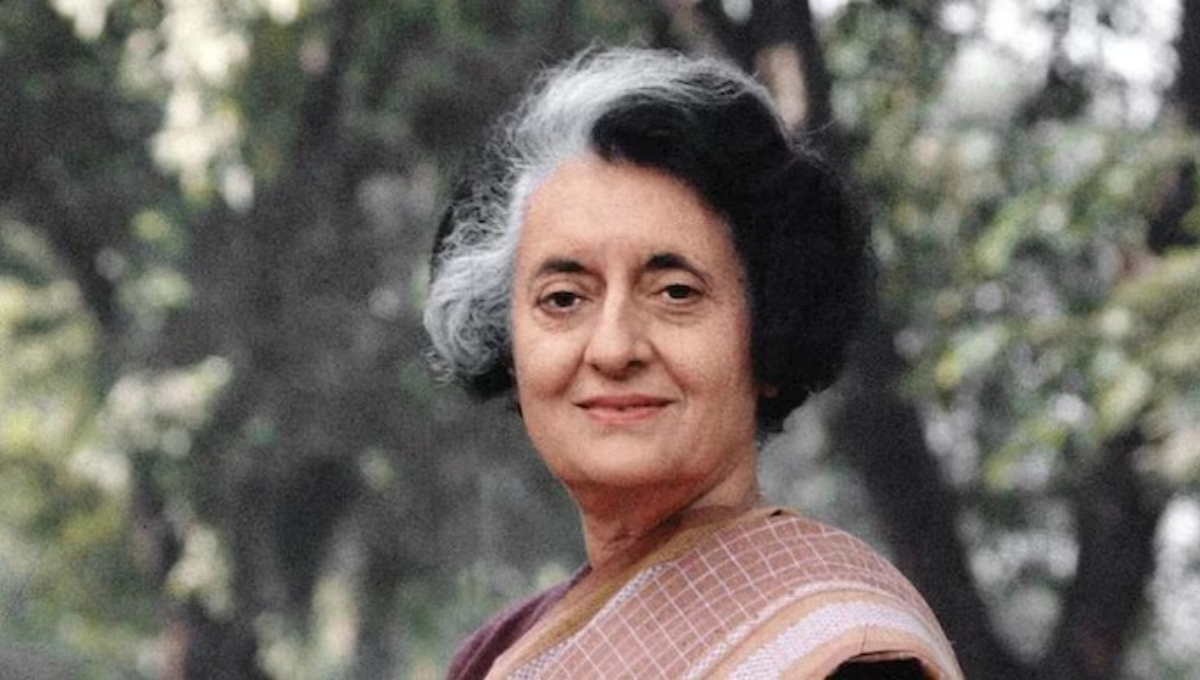On October 31, 1984 India marks a somber day in its history, remembering the legacy of former Prime Minister Indira Gandhi. Known as the “Iron Lady of India,” Indira Gandhi was a towering figure in Indian politics, and her assassination on this day in 1984 left an indelible mark on the nation.
Indira Gandhi was the only female prime minister of India, serving two non-consecutive terms. Her first term began in January 1966 and ended in March 1977. She returned to power in January 1980 and tragically met her end in October 1984. She was a transformative leader, credited with significant contributions to India’s development.
One of her most notable achievements was the nationalization of banks, which aimed to make financial services accessible to all citizens. She also abolished privy purses of royal families, a move toward greater equality in a country with a rich and complex history of princely states.
Indira’s leadership was marked by her unwavering commitment to the nation’s interests. She supported the liberation movement of Bangabandhu Sheikh Mujibur Rahman in East Pakistan, leading to a war with Pakistan and the birth of Bangladesh. Her efforts in this regard earned her the prestigious Bharat Ratna award.
However, the darkest chapter in Indira’s life unfolded after she ordered military action at the Golden Temple in Amritsar under Operation Blue Star in June 1984. This operation aimed to flush out separatists from the holiest Sikh shrine but resulted in significant damage to the temple and the loss of civilian lives. Sikhs worldwide viewed this as an attack on their faith, and Indira faced intense backlash.

Tragically, Indira Gandhi’s life came to a brutal end on October 31, 1984. Two of her own bodyguards, Beant Singh and Satwant Singh, fired over 30 bullets at her in a shocking assassination. They purportedly sought revenge for the Golden Temple incident, which had deeply angered the Sikh community.
Indira’s assassination sent shockwaves throughout India and triggered some of the most vicious communal violence in the nation’s history. In the aftermath, approximately 3,350 Sikhs lost their lives in just three days, with the majority of the violence concentrated in the national capital, Delhi.
Indira Gandhi’s death was a tragedy that shook the nation to its core. Her legacy, both in terms of her accomplishments and the tumultuous events that surrounded her, continues to shape India’s history and politics. As we remember the Iron Lady of India on this solemn anniversary, we reflect on the enduring impact of her leadership and the need for unity and harmony in the diverse tapestry of the nation she so passionately served.

